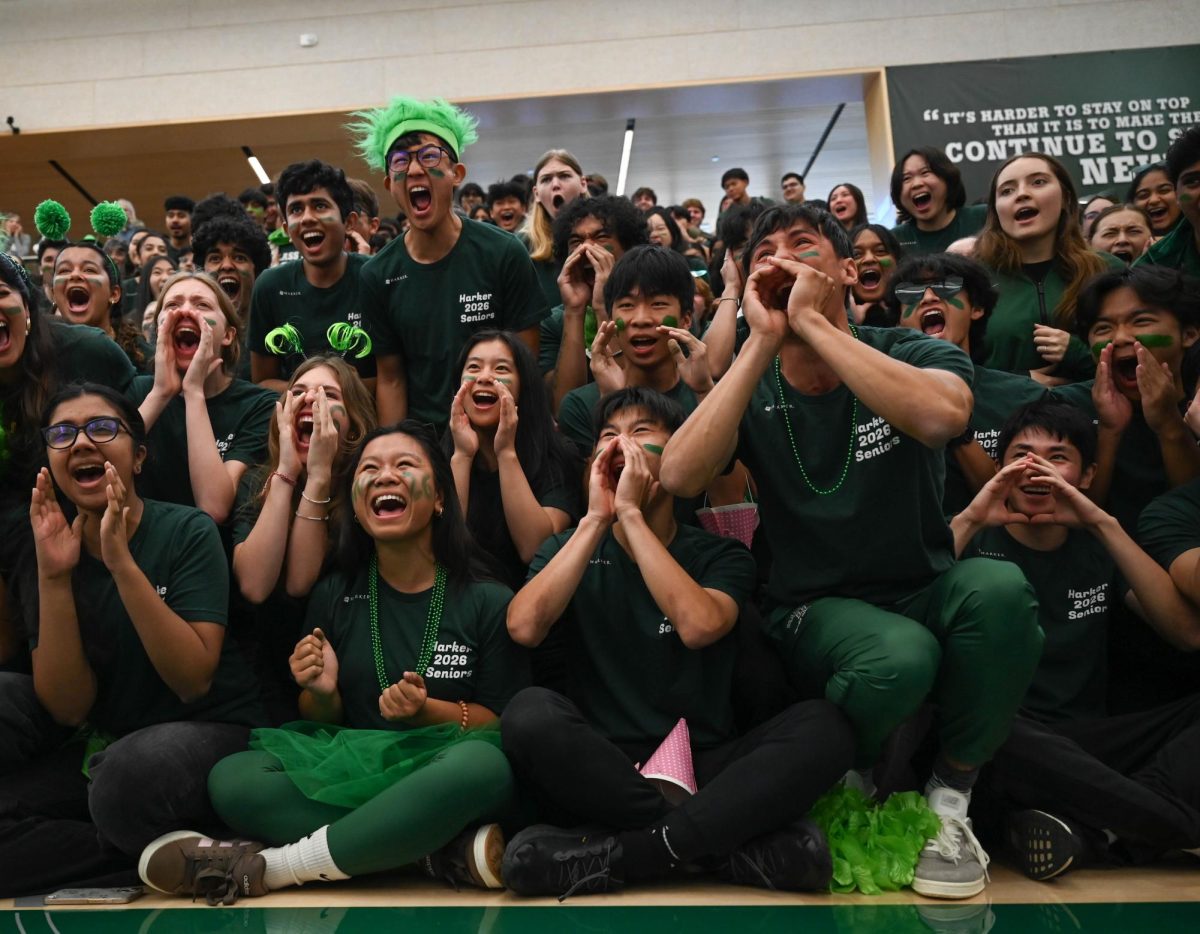Political youth movements spring up on either side of the aisle
November 16, 2016
The youth vote has greatly influenced the election through raising concerns on several issues, and their opinions have gained more exposure than past years due to the growing prevalence of social media.
The youth consists of adults ages 18-24 and compose 18 percent of the electorate. They have participated in elections since the ratification of the 26th Amendment, which lowered the voting age from 21 to 18.
With social media becoming more prevalent in the election, candidates increasingly try to reach out to millennials to gain their vote.
“I think [social media is] kind of valuable so everyone knows what’s going on,” Jack Dawson (10) said. “In this era, social media is people’s lives, so it’s checked daily and everyone knows what’s happening.”
Social media has also publicized groups like the Bernie Bros and the Alt-right who use sites such as Facebook, Twitter and Reddit to attack other candidates and attract attention, often starting online debates in comment sections.
“[Bernie’s] policies seem very radical to some, but in my opinion those are needed in this society, especially on education reform, and the environment and education reform,” Sumi Wadhwa (11) said. “He embraces them and that spoke to a lot of millennials and are living in this era, where the economy is kind of screwed up, and I kind of think that he kind of spoke to us and found a message in us that was really impressive.”
The term “Bernie Bros” describes a section of young white males supporting Bernie Sanders that make hostile and sexists remarks about Hillary Clinton online. Online news websites criticized Bernie Bros for greatly damaging Sanders’ campaign such as in a Washington Post article titled “The Bernie Bros are out in full force harassing female reporters.”
Sanders himself condemned Bernie Bros saying that they did not reflect his campaign’s ideals.
On the Republican side, the Alt-right, a segment of conservatives that do not follow typical and generally accepted conservative values have mainly supported Trump this election and have been similarly been accused of making offensive remarks online attacking Clinton. Though not exclusively comprised of youth voters, the group associates itself with ideology such as Islamophobia, nativism, antifeminism and white supremacy and have attracted many young white males. Alt-right users often use memes such as “Pepe the Frog” to express their beliefs, some of which have attracted media attention.
“Disregarding and attacking millions of supporters is not the way to win this election,” Jay Paranjpe said. “The Alt-right and Bernie Bros just trolling online may be making themselves feel better, but in the end [I think] they’re gonna be the reason their candidates lose.”
While Bernie Bros and the Alt-right are more extreme examples of the youth’s negativity towards the election, according to Child Trends, a nonprofit research organization, voting turnout of youth ages 18-24 declined from 44% to 38% in between 2008 and 2012 and is expected to continue trending downwards this election because many believe that their votes don’t make a noticeable difference in politics.
This piece was originally published in the pages of The Winged Post on November 16, 2016.


















![“[Building nerf blasters] became this outlet of creativity for me that hasn't been matched by anything else. The process [of] making a build complete to your desire is such a painstakingly difficult process, but I've had to learn from [the skills needed from] soldering to proper painting. There's so many different options for everything, if you think about it, it exists. The best part is [that] if it doesn't exist, you can build it yourself," Ishaan Parate said.](https://harkeraquila.com/wp-content/uploads/2022/08/DSC_8149-900x604.jpg)




![“When I came into high school, I was ready to be a follower. But DECA was a game changer for me. It helped me overcome my fear of public speaking, and it's played such a major role in who I've become today. To be able to successfully lead a chapter of 150 students, an officer team and be one of the upperclassmen I once really admired is something I'm [really] proud of,” Anvitha Tummala ('21) said.](https://harkeraquila.com/wp-content/uploads/2021/07/Screen-Shot-2021-07-25-at-9.50.05-AM-900x594.png)







![“I think getting up in the morning and having a sense of purpose [is exciting]. I think without a certain amount of drive, life is kind of obsolete and mundane, and I think having that every single day is what makes each day unique and kind of makes life exciting,” Neymika Jain (12) said.](https://harkeraquila.com/wp-content/uploads/2017/06/Screen-Shot-2017-06-03-at-4.54.16-PM.png)








![“My slogan is ‘slow feet, don’t eat, and I’m hungry.’ You need to run fast to get where you are–you aren't going to get those championships if you aren't fast,” Angel Cervantes (12) said. “I want to do well in school on my tests and in track and win championships for my team. I live by that, [and] I can do that anywhere: in the classroom or on the field.”](https://harkeraquila.com/wp-content/uploads/2018/06/DSC5146-900x601.jpg)
![“[Volleyball has] taught me how to fall correctly, and another thing it taught is that you don’t have to be the best at something to be good at it. If you just hit the ball in a smart way, then it still scores points and you’re good at it. You could be a background player and still make a much bigger impact on the team than you would think,” Anya Gert (’20) said.](https://harkeraquila.com/wp-content/uploads/2020/06/AnnaGert_JinTuan_HoHPhotoEdited-600x900.jpeg)

![“I'm not nearly there yet, but [my confidence has] definitely been getting better since I was pretty shy and timid coming into Harker my freshman year. I know that there's a lot of people that are really confident in what they do, and I really admire them. Everyone's so driven and that has really pushed me to kind of try to find my own place in high school and be more confident,” Alyssa Huang (’20) said.](https://harkeraquila.com/wp-content/uploads/2020/06/AlyssaHuang_EmilyChen_HoHPhoto-900x749.jpeg)









